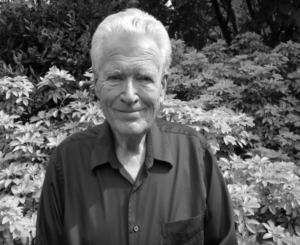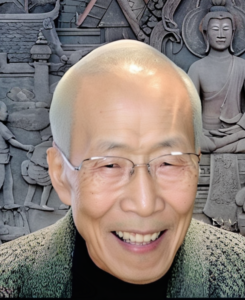The IARF has recently welcomed the Bektashi Order of Macedonia as a new member group. It is a branch of the Bektashi Order of Dervishes which has members in 31 countries, with headquarters originally in Turkey, now established in Albania. It is Alevite in character.
The order has its origin in the teachings and life of the 13th century Haji Bektash Veli in Anatolia, in present-day Turkey. In the early 16th century it took its present shape as a Sufi order. It has been closely connected to the Janitsar elite forces of the Ottoman empire, until these were disbanded in 1826. Thus it spread its influence throughout the Balkans. After the prohibition of all Sufi orders in Turkey in 1925, and the consequent shutdown of its historical centre, the order moved to Ankara, until, four years later, the central power was shifted to Albania, where a considerable population of affiliates had been in existence since the 18th century. Right from the start of the communist period, heavy persecution took place, with several of the order’s leaders being executed. When, in 1967, all religious practices were being prohibited, all places of worship in Albania were shut down. The order is now in the process of reestablishing itself.
Though Bektashi dervises render their services to a wide circle of followers, actual membership of the order is through initiation only. Applicants are guided on their spiritual path by a teacher, whose teachings may vary according to the context, be it religious, cultural, or socio-political. It is thus that Bektashiism has incorporated elements of a wide range of religious styles – Sunni, Sufi, Shia, and Christian among them – as well as pre-existent religions, including early Christianity. It is, and has been throughout its history, open to new ideas. Mysticism is eminent in all teachings and practises . Scriptures consist of poetry rather than doctrinal teachings. Music is used as a vehicle to convey teachings. Remarkable is the principle of gender equality in rituals and practises.
The Macedonian branch of the Bektashi order has a reason of its own to be the first among the Alevites to join IARF: in its home country it has no right to exist. Legally, only one person can represent its membership, on a personal basis, since no organization is allowed. Its places of worship have been handed over to a different Muslim organization, largely Sunni in character. Many are now being neglected, put to a different use, or have been levelled to the ground. Supporting groups like these has been one of the aims of IARF right from its founding. It is hoped that membership of IARF will raise their profile and thus improve their chances of being accepted.
See also:





